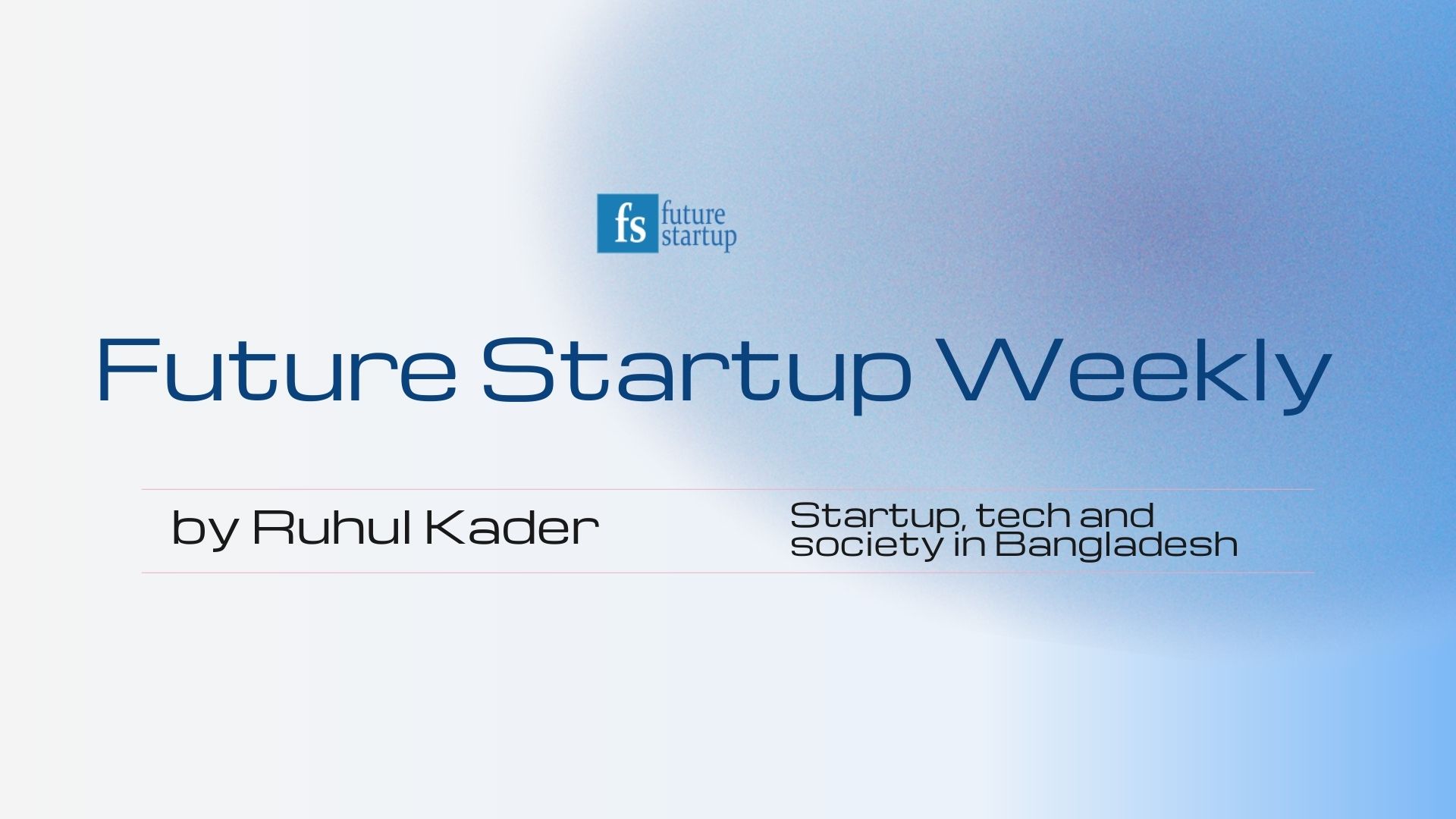
Entrepreneurship, Technology and Society | 20 November 2022 | No. 48
I want to ask you a favor, if you enjoy reading Future Startup, I would be grateful if you share it with other people who might find it inspirational and educational — post it on Facebook/LinkedIn, send it to your friends and Whatsapp group chats, and share it up. I can’t exaggerate how much it helps us to grow and do more great work. Thank you for reading.
On to the update.
Future Startup links:
1. A few good books: 5 books along with brief summaries that I’ve read and enjoyed lately.
2. Four investment deals between October and Novermber: Vroom, SWAP, babuland, and AgroShift
5. An interview with Fahim Salam, Founder, and CEO, Nuport
Outside FS links
1. The Art of “Negative Capability”: Keats on Embracing Uncertainty and Celebrating the Mysterious
Negative capability is our capacity to endure negative emotions and situations without losing our internal balance. In this article, Popova cites english poet John Keats where he talks about the importance of our ability to survive uncertainty and ambiguity without losing our center and calm. Keats talks about it in the context of literary needs. In my opinion, this same quality can benefit also enormously benefit entrepreneurs. In fact, this is what I mean when I wrote about high pain tolerance and tacit knowledge earlier. Uncertainty is a form of pain for our mind. Humans can’t deal with uncertainty. The same goes for ambiguity. That’s why we give into distractions when we face these predicaments and our performance suffers. Keats says unless you develop a capacity to navigate uncertainty and ambiguity without going mad, it is hard to produce good work. It is equally true for founders. I just want to expand the meaning of negative capability and include all the pain, hurt, and difficulties into it. Our ability to endure all these negative challenges of life without losing our center is key to our sanity and success.
2. Secrets Of The Great Families
I’ve reading about history of genius and clusters lately and this article is an excellent read on the subject. While we attempt to explain genius independently of its circumstances, often it is not. It appears genius has a lot to with privilege like all kinds of success. The world runs on matthew principle. Excellent read.
3. Why we stopped making Einsteins
Eirk Hoel is one of best writers on the internet. This article follows the genius reading thread. The conclusion is somewhat similar to previous article.
“I think the most depressing fact about humanity is that during the 2000s most of the world was handed essentially free access to the entirety of knowledge and that didn’t trigger a golden age.
Think about the advent of the internet long enough and it seems impossible to not start throwing away preconceptions about how genius is produced. If genius were just a matter of genetic ability, then in the past century, as the world’s population increased dramatically, and as mass education skyrocketed, and as racial and gender barriers came thundering down across the globe, and particularly in the last few decades as free information saturated our society, we should have seen a genius boom—an efflorescence of the best mathematicians, the greatest scientists, the most awe-inspiring artists.”
4. De-Atomization is the Secret to Happiness
“Life and fitness used to be deeply intertwined. You could not live without fitness. Now they are separate: fitness is a cute thing rich people do in their Lululemon after work or while jiggling their mouse to keep the Slack bubble green. You don’t do it to stay alive, you do it to get laid or not resent yourself or maybe if you’re particularly enlightened to “feel good.”
5. The Anthropology of Manhood
“Both the triumph and the tragedy of modern society is that we have eliminated almost every hardship and danger from daily life. For the most part that is a great blessing, but it comes at a cost. The very efficiency of mass society makes people feel unnecessary, and therein lies a profound threat to our dignity. The poor are dehumanized by the menial jobs and shoddy urban housing they often wind up in. The rich are dehumanized by the very privilege and luxury that they use to insulate themselves from everyone else. The middle class is dehumanized by the cookie-cutter suburban homes they have mortgaged their futures for. The old are dehumanized by the speed and complexity of the mechanized world. The young are dehumanized by the wholesale substitution of social media and video games for real human experiences. And every last one of us is dehumanized by a society that uses algorithms and mass communication to feed us the truths we prefer and the lies that we need.”
